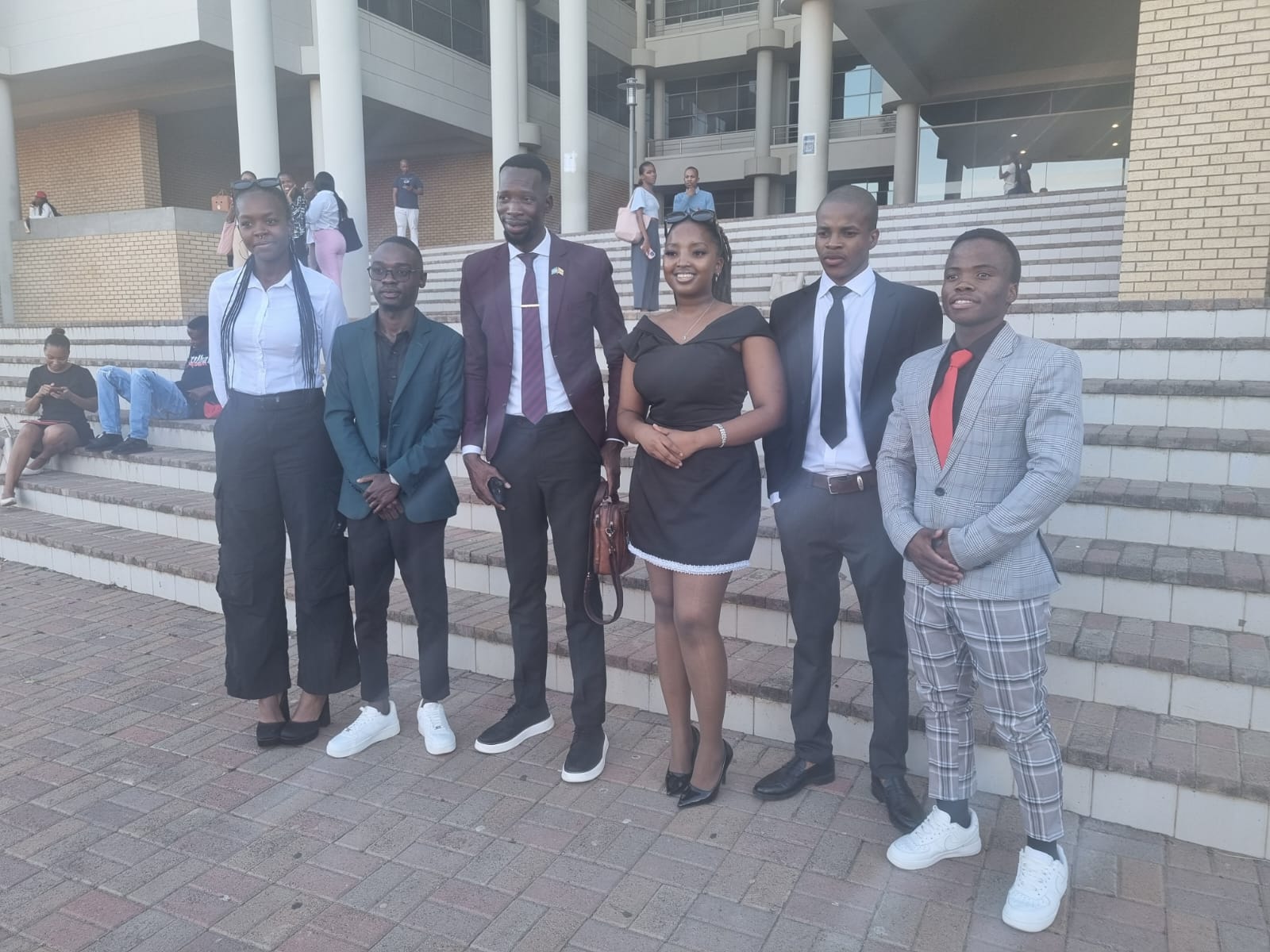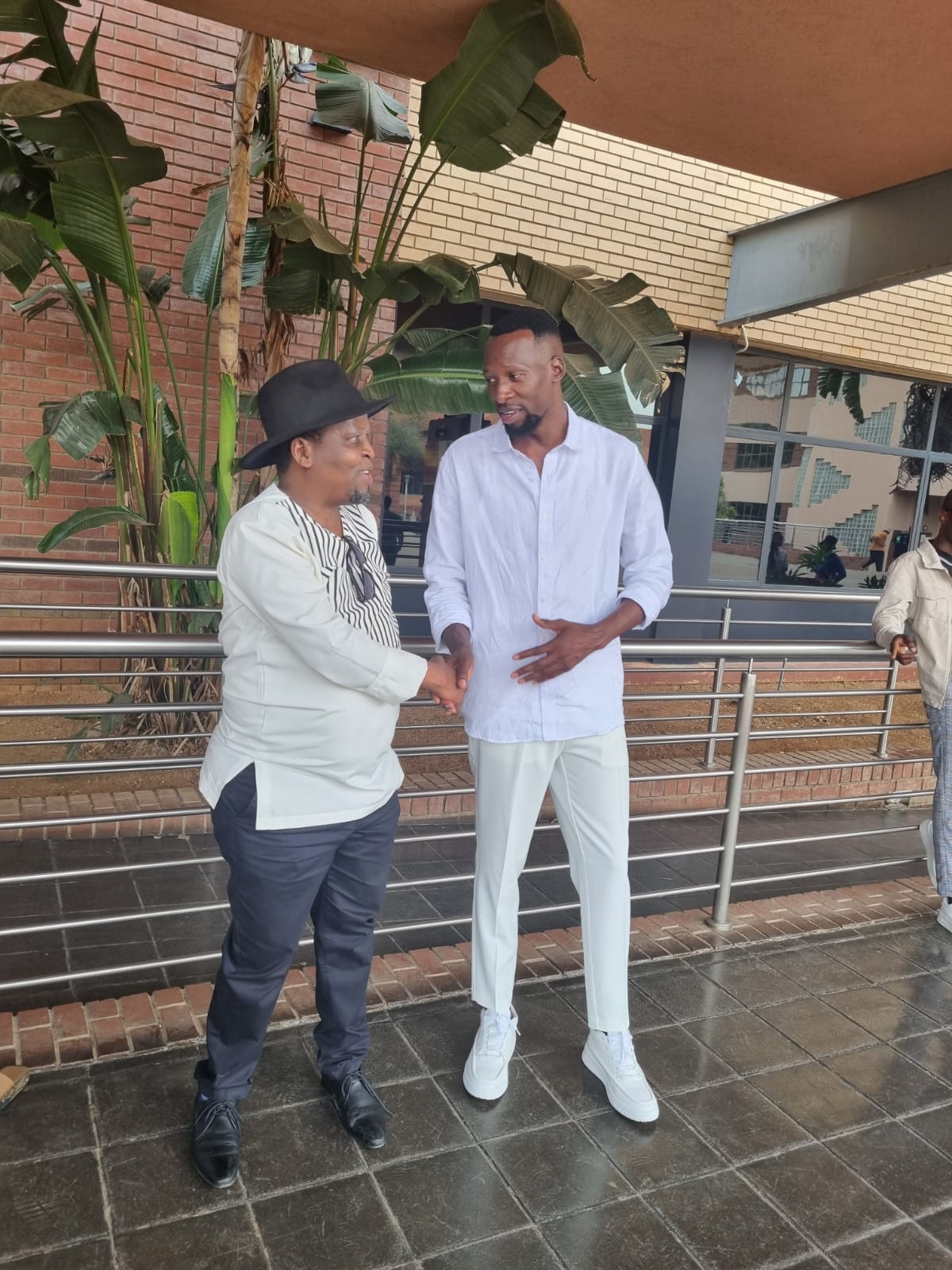Students Simulate Health Sector Reforms in Anti-Corruption Policy Exercise
 The University of Botswana (UB) Faculty of Social Sciences is reshaping how students learn about governance and policymaking. Through its Public Policy Seminar Series, students recently tackled one of Botswana’s toughest issues - corruption in the health system - in a simulation exercise attended by Assistant Minister of Health, Hon Lawrence Ookeditse.
The University of Botswana (UB) Faculty of Social Sciences is reshaping how students learn about governance and policymaking. Through its Public Policy Seminar Series, students recently tackled one of Botswana’s toughest issues - corruption in the health system - in a simulation exercise attended by Assistant Minister of Health, Hon Lawrence Ookeditse.
The event, themed “Corruption in Botswana’s Health System: Challenges, Impacts, and Policy Pathways,” allowed students to step into the shoes of senior policymakers and health officials as they debated, designed and defended strategies to curb corruption. The session was part of the PAD 405 course, led by Dr Thabo Lucas Seleke from the Department of Political and Administrative Studies.
Hon Ookeditse’s presence added real-world depth to the exercise. He praised the initiative for fostering collaboration between universities and government, noting that such platforms could generate practical ideas for reform and accountability in the health sector.
The students’ simulation mirrored the dynamics of government decision-making. They represented various stakeholders - from the Minister of Health and DCEC Director to civil society, media and development partners - negotiating policy reforms under the pressures of competing interests and limited resources.
To analyse the roots and risks of corruption, students applied three major frameworks: the Principal-Agent Theory, World Health Organisation (WHO) Good Governance for Medicines Framework and Transparency International’s National Integrity System. Using the tools, they diagnosed systemic weaknesses and crafted policy solutions that could strengthen transparency and trust in Botswana’s health institutions.
 Dr Seleke described the seminar as a model of experiential learning. “Students don’t just study public policy, they practice it,” he said. “This kind of engagement builds analytical confidence, negotiation skills and ethical awareness, all essential for future leaders.”
Dr Seleke described the seminar as a model of experiential learning. “Students don’t just study public policy, they practice it,” he said. “This kind of engagement builds analytical confidence, negotiation skills and ethical awareness, all essential for future leaders.”
The Public Policy Seminar Series has hosted several prominent guests in recent months, including MP for Tlowkeng, Hon Phenyo Mokete and Mr Chiseki from Emergency Assist, who both took part in a previous simulation on pandemic preparedness.
The growing collaboration between policymakers and the University of Botswana underscores the institution’s role in shaping solutions to national challenges. Through these innovative learning experiences, students gain more than academic credit. They gain insight into how policy really works and how they can help make it better.